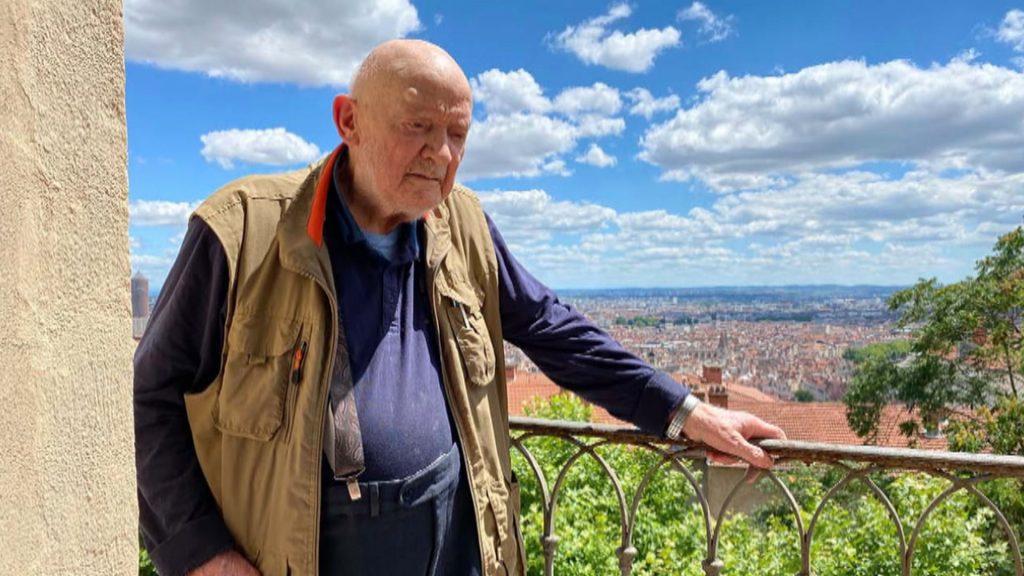
Johannes Rivoire on the balcony of his nursing home in Lyon, France in 2022. Photo: APTN file
A retired Quebec judge has concluded what a Canadian court has not been able to – that a Catholic priest sexually assaulted five children in Nunavut between 1968 and 1979.
André Denis was commissioned by the Missionary Oblates of Mary Immaculate in 2023 to review the order’s handling of criminal accusations against Joannes Rivoire, who served the church for 30 years in Nunavut.
Along with concluding Rivoire is guilty, Denis says the now 93-year-old French citizen hid the allegations of child abuse from his superiors.
“The conclusions I reach … are based on the preponderance of evidence gathered during this investigation, not on proof beyond a reasonable doubt,” Denis writes in the Oblate Safeguarding Commission report provided to APTN News Monday.
“In no way do I wish to substitute myself for the decision of a judge or jury who would have to rule on the innocence or guilt of Joannès Rivoire during a criminal trial.”
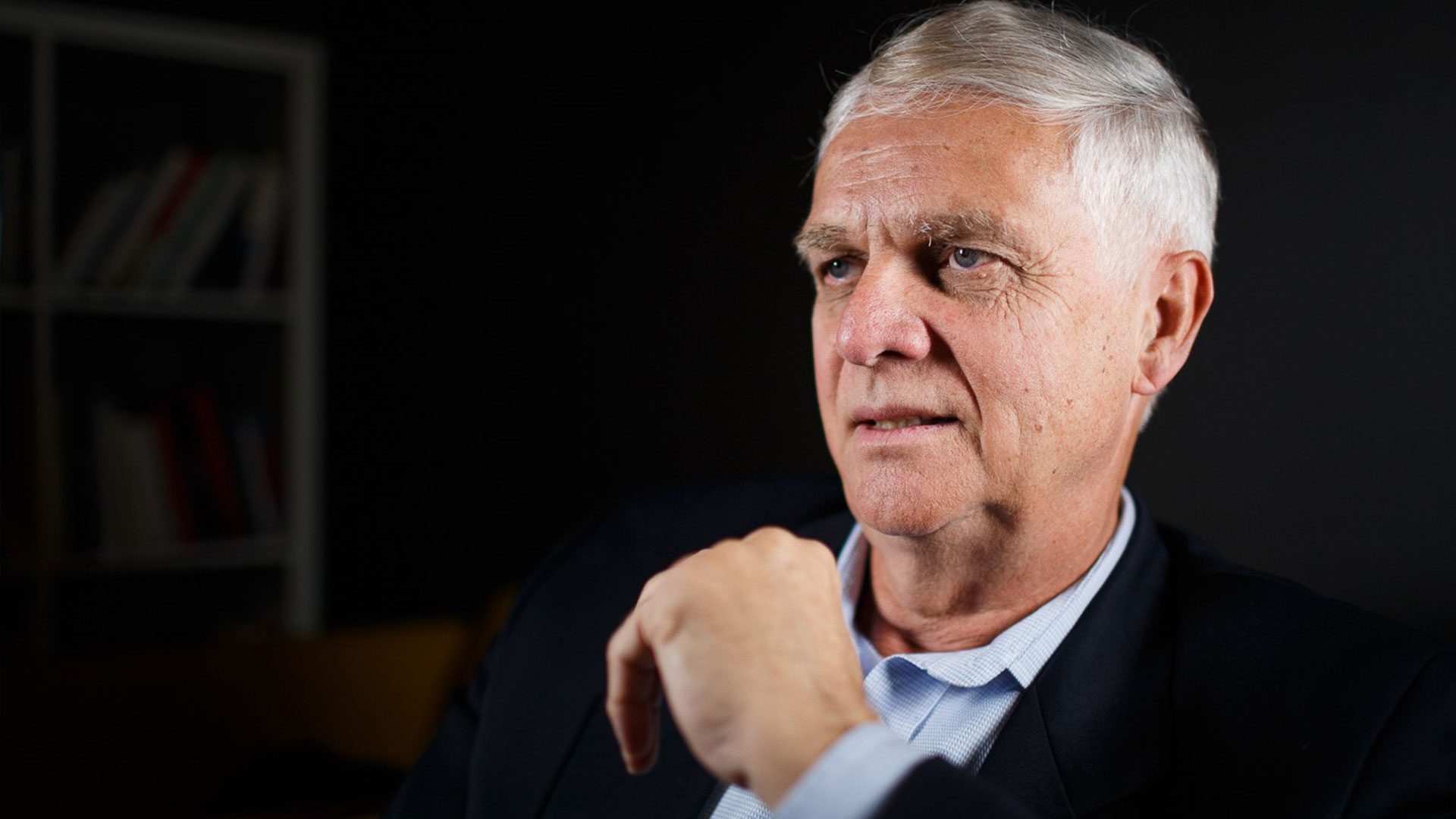
Denis, who served in the Québec Superior Court, says he interviewed dozens of people and gathered evidence in Marseille, Lyon, Ottawa, Winnipeg, Nunavut and Montreal.
Rivoire left Canada in 1993 – five years before police charged him in 1998 with child sexual abuse involving four children. The charges were stayed in 2017 citing a poor chance of conviction due to lack of cooperation from France.
A new, single charge involving another child was laid in 2022.
Rivoire is now living in an Oblate nursing home in Lyon, France, where he met exclusively with APTN in July 2022.
He denied the allegations in the interview with APTN.
Read More:
‘No, never’: French priest denies sex charge in Canada
Denis says he met with Rivoire in the spring of 2023.
“I don’t believe the version of events he gave me when we met,” Denis writes in the 57-page report.
“Rivoire was guilty of sexually assaulting five minor children in Naujaat, Nunavut between 1968 and 1970, and one minor child in Arviat and Whale Cove, Nunavut between 1974 and 1979.”
Denis says Rivoire left Canada “hiding this terrible reality from his Oblate superiors and the bishop of the Churchill-Hudson Bay diocese, preferring to tell the true but incomplete story of his filial obligation to his ailing parents.”
Also, Denis says the Oblates in France were unaware he was wanted by Canadian authorities when he arrived in France on sabbatical in 1993.
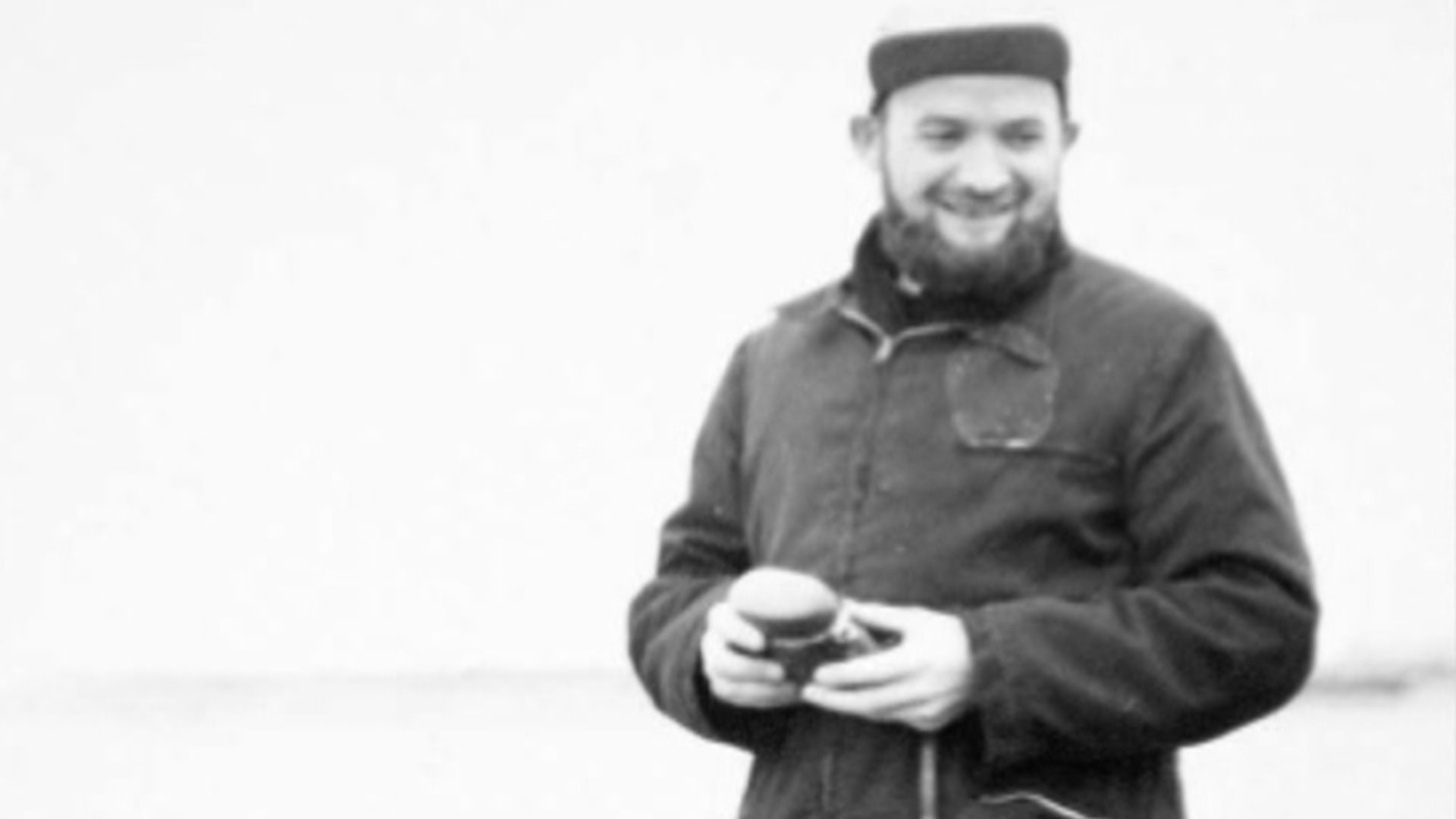
“The Oblates in Canada and the ecclesiastical authorities in Nunavut neither concealed nor organized Joannès Rivoire’s flight from Canada to France in 1993, and they too were victims of his duplicity and prevarication,” Denis writes.
“Given the publication ban issued by the Canadian court, no one was notified of the charges brought against Joannès Rivoire in December 1998. Joannès Rivoire hid his criminal past in Canada from his Oblate superiors in France.”
Denis says the Oblates in France only learned on Nov. 29, 2013 that Canadian authorities wanted Rivoire to stand trial in Nunavut.
“They did everything in their power to ensure that he returned to Canada to stand trial or be extradited by the competent authority,” Denis writes.
“Rivoire failed to obey the instructions of his Oblate superiors, and the French government refused to extradite him.”
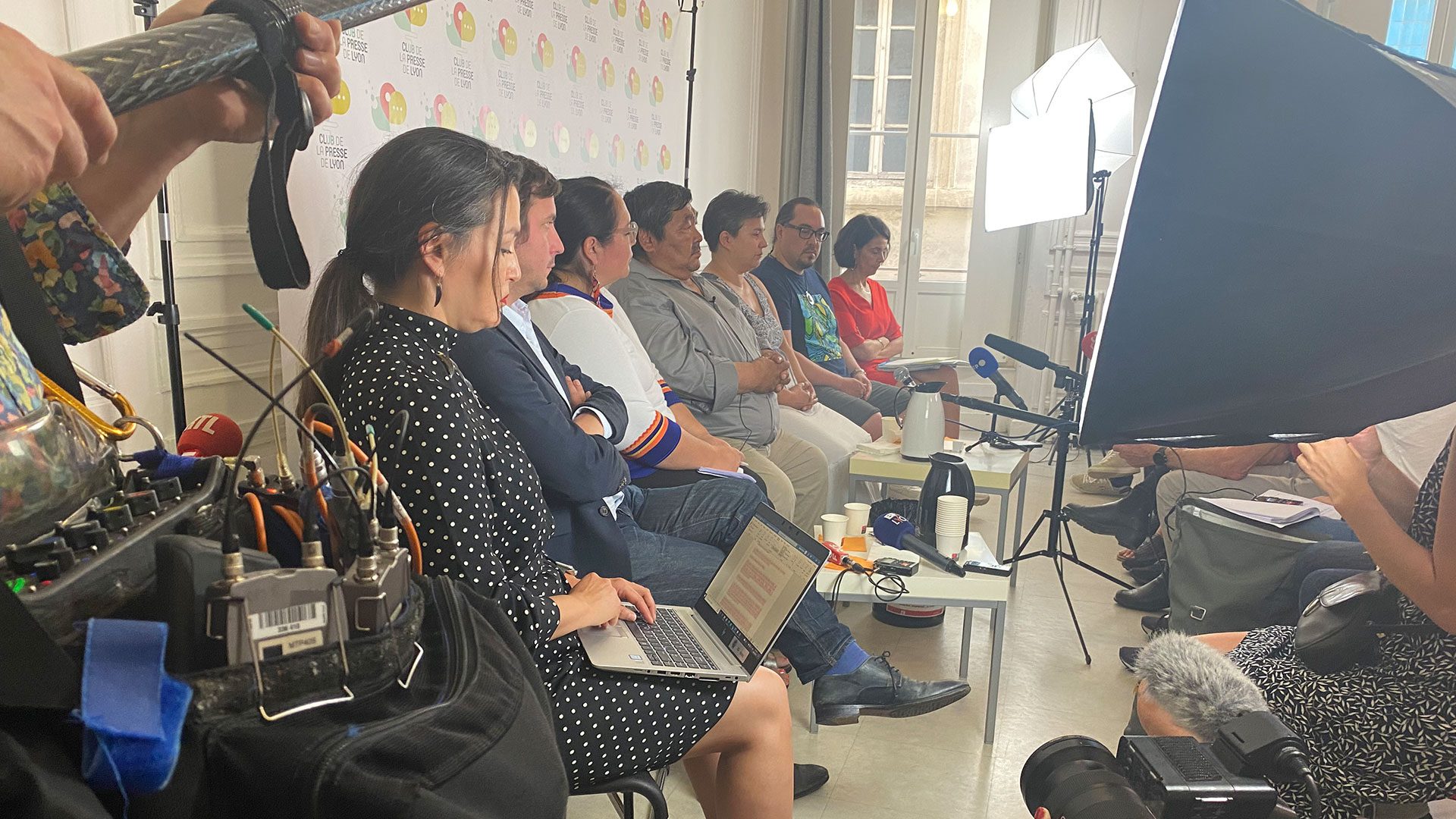
When a new arrest warrant was issued for Rivoire in the spring of 2022, the Inuit complainants and their family members tried for justice again. In the fall of 2022, they travelled to Paris and Lyon with the regional Inuit organization Nunavut Tunngavik Inc., to lobby for extradition.
But France refused, saying it does not send its citizens outside the country to be prosecuted.
The Oblates were also refused when they appealed to French authorities to extradite Rivoire.
And they failed to get Rivoire on a plane, as the Inuit contingent had hoped.
“Joannès Rivoire refused to comply with his provincial’s order to travel voluntarily to Canada to stand trial when Canadian justice demanded his presence,” Denis writes.

The judge says his “investigation-truth-reconciliation” report on “the Joannès Rivoire affair” spanned two continents and unfettered visits to Oblate archives in Canada and Rome.
“Throughout my work, I acted as a judge would behave in court,” he writes. “I relied on precise, serious and concordant facts to arrive at conclusions based on testimony and documents that had a satisfactory degree of proof.”
Denis says Rivoire, who was born in the village of Rontalon about 30 minutes outside Lyon, should be kicked out of the Oblates.
Church leaders in Rome recently ruled against his dismissal.
“I respectfully suggest that the Superior General of the Oblates in Rome review his decision and allow Joannès Rivoire to be excluded from the Oblate community in France,” Denis writes.
“This would be a largely symbolic measure, since, as Father Vincent Gruber, then provincial of France, has stated, there is no question of throwing Joannès Rivoire out into the street. He could remain (in the nursing home) where he is, but outside the Oblate community.
“A symbolic measure, but a balm for the victims’ wounds,” Denis adds. “Perhaps the only one.”
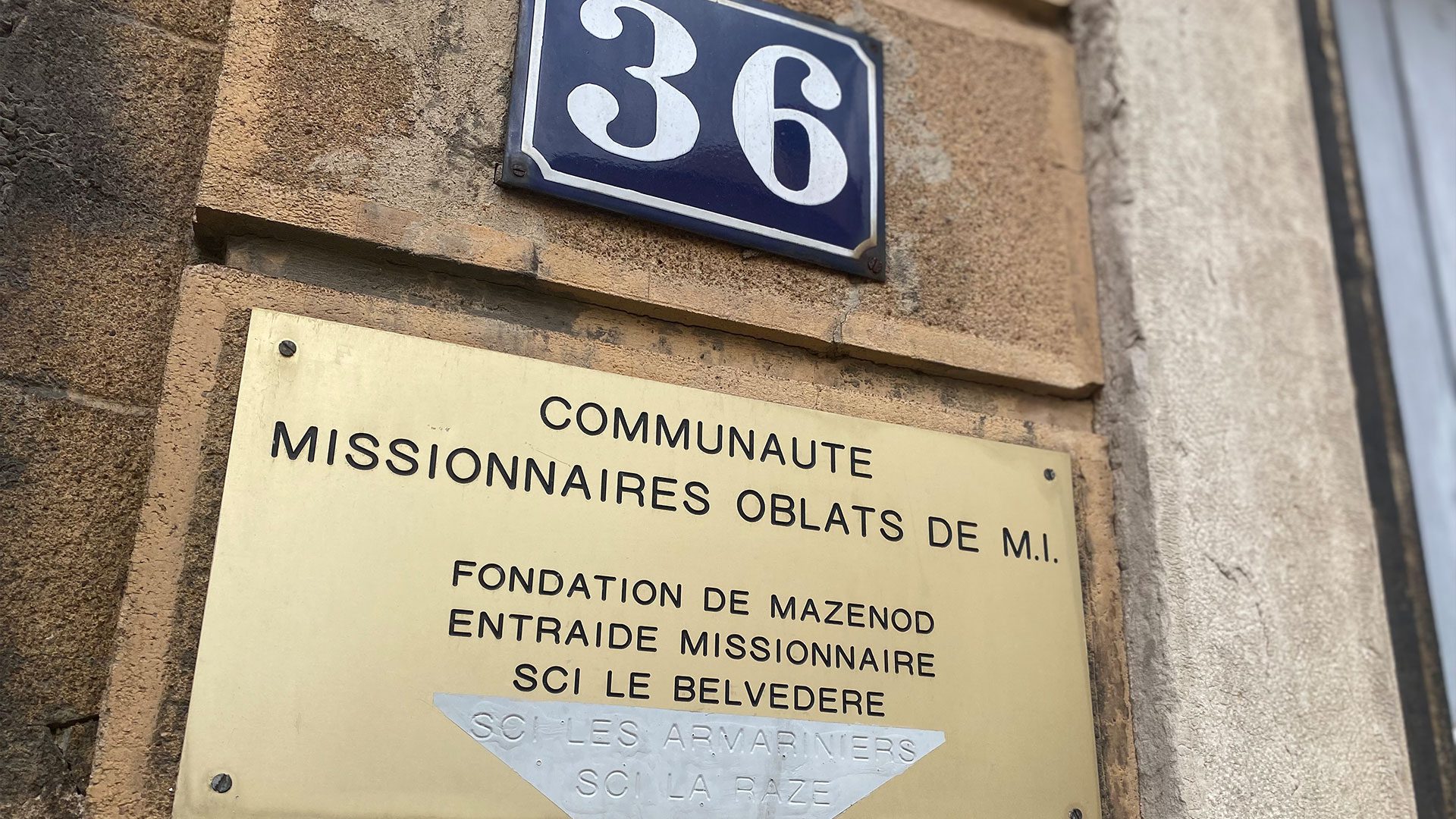
Meanwhile, the judge’s conclusion on Rivoire’s guilt or innocence appears to be outside the mandate he signed to review the Oblates’ policies and procedures as they relate to Rivoire and the circumstances under which the priest left Canada.
Denis was also asked to determine how accusations and complaints were dealt with, review the Oblates’ current safeguarding policy, consult with Inuit communities, meet with alleged victims and their families, and speak with other stakeholders.
He was to produce a final public report that outlined findings and made recommendations for addressing future complaints within a year.










